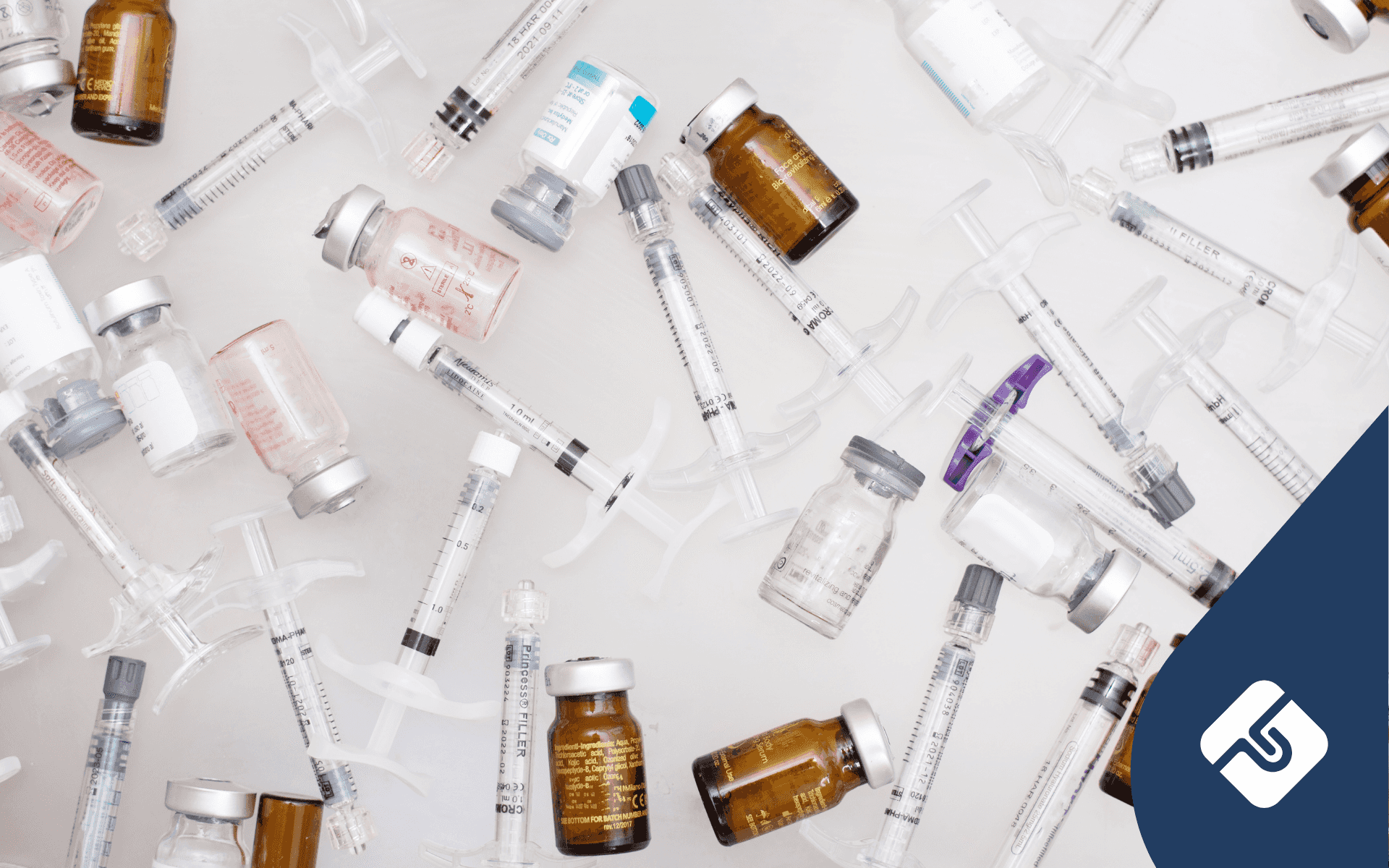Communications and legal business professional with experience working in top-tier global law firms, high-growth startups, and legal technology across APAC, the UK and US. Currently the B2B Relationship Manager at Pogust Goodhead, a global class actions law firm specialising in ESG, consumer, competition and human rights law with offices across the United Kingdom, Europe, United States, and Latin America. Formerly a practising NSW lawyer and Content Manager at Lawpath.
💡Key Insight
- To legally operate a cosmetic injection clinic in Australia, you must have the requisite professional qualifications such as being a registered nurse with appropriate postgraduate training, because cosmetic injectables are regulated as high-risk medical procedures.
- A cosmetic injection clinic must be structured as a registered business (such as a company or sole trader) with an Australian Business Number (ABN) and comply with relevant state council, zoning, and health authority requirements before opening.
- Injectable substances like Botox and dermal fillers are classified as Schedule 4 prescription medicines, meaning only appropriately registered medical professionals can prescribe and administer them, and strict clinical governance must be maintained.
- Operating a cosmetic injection clinic requires ongoing compliance with health, safety, informed consent, and advertising rules to manage risk and legal liability as part of clinical service delivery.
It’s no secret that the cosmetics industry is continuing to grow rapidly in Australia. Cosmetic surgery is unique, in that it sits somewhere between being both a retail and health service and the rise of the Cosmetic Injection Clinic has made it more accessible than ever before. It has become so popular that Australians are now getting more cosmetic procedures done per capita than the United States.
However, with any medical procedure, there are inherent risks. There has been significant media coverage surrounding cases where customers have suffered adverse (and even lethal) reactions after being treated at Cosmetic Injection Clinics which did not have the proper licence to do so. These risks increase substantially when running a Cosmetic Injection Clinic from home.
If you’re considering starting a Cosmetic Injection Clinic, read the below guide to make sure not only that you’re legally compliant, but that you and your patients are safe.
1. Make sure you have the Requisite Qualifications
To legally operate a clinic where cosmetic injectables are used, you must have the requisite qualifications. You need to be qualified as a cosmetic nurse, which involves completing a postgraduate course that can only be undertaken if you are qualified as a registered nurse. Becoming a registered nurse ordinarily involves completing a Bachelor of Nursing Degree.
2. Register your Business
After confirming that you’re qualified to operate a cosmetic clinic, your next step will be registering your business and getting an Australian Business Number (ABN). You can choose what type of structure your clinic will take, whether it operate as a sole trader, partnership or company. Most health service providers operate as companies due to there being limited financial liability for individuals if the company gets into debt. Choosing the right business structure for you will perhaps be the most important decision to be make in the early stages of starting your business as it will affect your tax assessment, income and personal liability. At this stage, you may also wish to register trademarks for your business. You will also need to inform your local Council and state government of your company and its operations.

Start your ABN application in minutes!
Need an Australian Business Number to start a casual job? We've got you covered.
3. Make sure that the Injectables are only Kept and Administered by Qualified Practitioners
Most cosmetic injectables, such as botulinum toxin (Botox), collagen, hyaluronic acid (Hylaform and Restylane) are classified as Schedule 4 poisons. In NSW this is provided under the Poisons and Therapeutic Goods Act (1966). This means that only registered medical practitioners can prescribe Schedule 4 drugs and they must be stored somewhere that they cannot be accessed by the public or someone not authorised to access them.
A nurse can administer these drugs under the written instruction of the medical practitioner, and the patient’s written consent. The patient’s written consent is provided after being told of any potential side effects of the injectables and procedure, and given an in-depth pre-procedure assessment (by a Doctor) to identify any risks. It is extremely important to only allow nurses and doctors with the adequate (and displayed) qualifications to administer these substances if you operate a Cosmetic Injection Clinic.
There are severe penalties for those who administer (or keep) Schedule 4 poisons without the authority to do so, including large fines and even possible imprisonment.
4. Always take out Insurance
Businesses always need insurance, but the insurance type can differ depending on what industry your business operates in. In health services, contents insurance is usually required to cover for any damage or loss to equipment, but more importantly, indemnity insurance is important for nurses and doctors to have. If you want to know more about your options, it’s worthwhile speaking to an insurance lawyer.
5. Make sure your Clinic Complies with Hygiene and Cleanliness Standards
It is important that your business has adequate processes which help prevent disease and infection. The government provides guidelines for what standards have to be met when operating a cosmetic clinic. These include (but are not limited to) having a basin with soap on the premises, sterilisation of all instruments used and general infection and disease control measures. More information can be found on the NSW Health Website.

Get a fixed-fee quote from Australia's largest lawyer marketplace.






